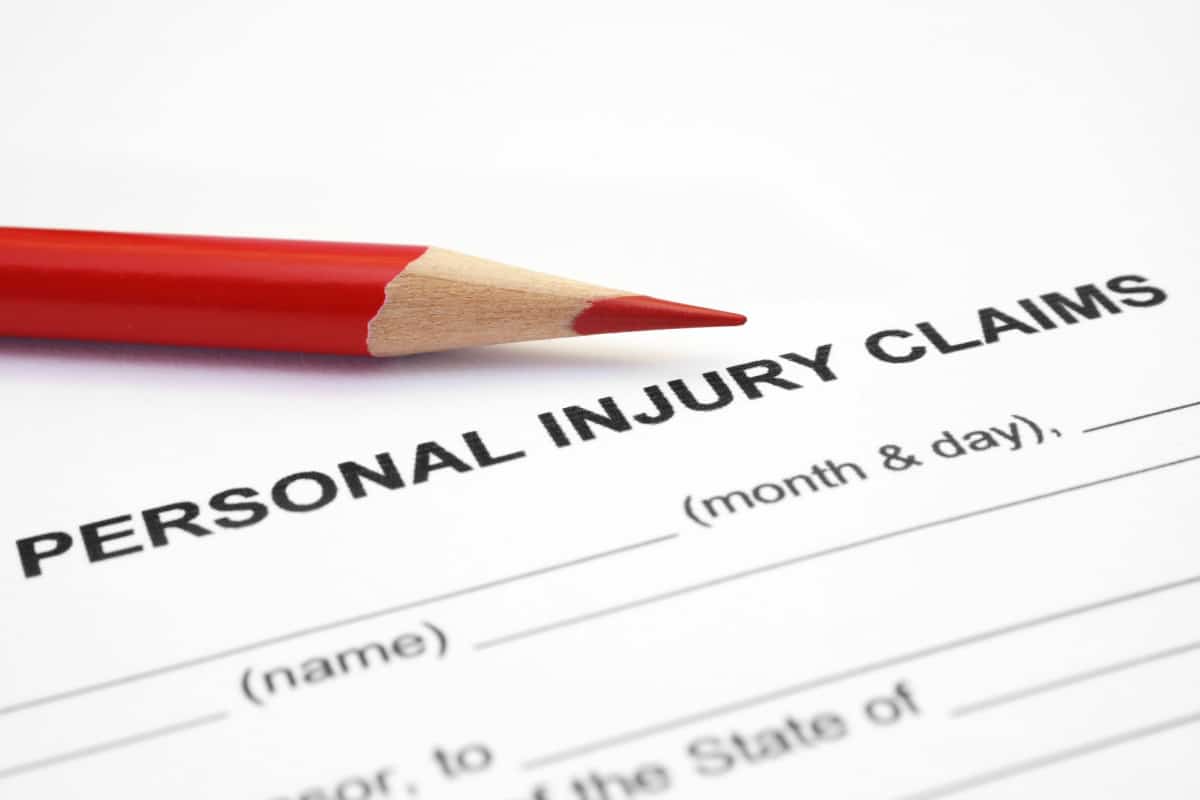On your side. In good hands. A good neighbor. These catchy advertising slogans or a talking gecko with a British accent, lead many people to assume that insurance companies are their allies, especially when it comes to personal injury claims. However, it’s important to remember that insurance companies are businesses. Their primary goal is to make a profit, and sometimes, this means minimizing payouts on claims. When an accident occurs, the insurance company may scrutinize every detail to reduce the compensation they have to pay. Therefore, while it’s natural to think of an insurer as a partner in tough times, the reality can be quite different. Understanding this critical fact is the first step towards handling a personal injury claim effectively.
The Fine Print: How Insurance Companies Interpret Policy Language to Their Advantage
When receiving an insurance policy, it’s easy to get lost in the sea of technical language and fine print. Insurance companies often use this to their advantage. They know these policies inside and out and may interpret them in ways that favor their interests. For instance, they might focus on specific clauses or exclusions to avoid paying a claim or to pay less than what might be expected. It’s crucial, then, for anyone dealing with a personal injury claim to carefully review their insurance policy. Knowledge of the policy details can provide a stronger footing when interacting with the insurance company.
Behind the Scenes: The Role of Insurance Adjusters in Personal Injury Claims
Insurance adjusters play a pivotal role in personal injury claims. Hired by the insurance company, their job is to assess the details of an accident and decide the amount the company should pay. While they might seem friendly and supportive, remember that they work for the insurance company, not for the claimant. Their goal is to save the company money, which often means reducing the payout on claims. They may try to find inconsistencies in the account of the incident or argue that injuries aren’t as severe as the claim states. Being aware of the adjuster’s role can help claimants navigate their personal injury claim more effectively.
Lowball Offers: The Initial Settlement Tactic of Insurance Companies
In the aftermath of an accident, one might find that the insurance company presents an initial settlement offer rather promptly. This may seem like good fortune, but caution is advised. These initial offers frequently fall short of the actual value of the claim, a strategy employed by insurance companies to resolve claims swiftly and economically. The tactic banks on the likelihood that individuals, under the stress of their circumstances, may be inclined to settle swiftly. The claimant should consider the full extent of their injuries and associated costs before accepting any offer. Importantly, once a settlement is accepted, it typically precludes any future requests for additional funds.
Delay and Deny: A Common Insurance Company Strategy
In handling personal injury claims, insurance companies often employ a strategy known as “delay and deny.” They might take a long time to process a claim, hoping the claimant will grow frustrated and accept a lower settlement. In some cases, they might even deny a valid claim, banking on the chance that the claimant won’t contest the decision. It’s a challenging situation, as people dealing with personal injuries are already under significant stress. Being aware of these tactics can help claimants remain patient and persistent. It’s important to remember that a denied claim or a slow response is not the end of the road, and there are steps one can take to continue pursuing a fair settlement.
Navigating the Maze: Understanding the Claims Process
The process of filing a personal injury claim with an insurance company can feel like navigating a maze. There are numerous steps involved, from reporting the incident and gathering evidence, to negotiating a settlement. Each step is important and requires careful attention. For instance, when reporting the incident, it’s vital to provide clear and accurate information. When gathering evidence, one should document not just physical injuries, but also emotional distress and financial losses. Negotiating a settlement requires understanding the full value of the claim and being prepared to refute lowball offers.
Avoiding Pitfalls: Key Mistakes to Avoid When Dealing with Insurance Companies
When dealing with insurance companies, it’s easy to make missteps that can impact the outcome of a personal injury claim. One common mistake is accepting the first settlement offer without fully understanding the value of the claim. Another pitfall is providing too much information, which might be used against the claimant later. For instance, offhand remarks about feeling ‘fine’ can be taken out of context to minimize the severity of injuries. Lastly, failing to document everything related to the injury and the claim can be detrimental. This includes medical expenses, lost wages, and communications with the insurance company. Being aware of these potential pitfalls can help individuals avoid them, enhancing their chances of a fair settlement.
The Value of Expert Opinion: The Role of Medical Professionals in Your Claim
Medical professionals play a crucial role in a personal injury claim. Their expert opinion about the extent and impact of injuries can significantly influence the claim’s outcome. When a person is injured, it’s important to seek medical attention promptly. Doing so not only ensures proper care but also creates a record of the injury and the treatment received. Medical professionals can also provide detailed reports that help demonstrate the severity of injuries and the necessity of certain treatments. Their opinions can challenge attempts by insurance companies to downplay injuries or to argue for less costly treatments. Therefore, the role of medical professionals extends beyond treatment; they can be key contributors to a successful claim.
Empowering Yourself: How to Fight for Fair Compensation from Insurance Companies

Standing up to an insurance company might seem daunting, but it is possible to fight for fair compensation. Being informed is the first step. Understanding the details of the insurance policy, the claims process, and the tactics that insurance companies might use can give individuals a stronger footing. Documenting everything – injuries, treatments, costs, and communications – is crucial. Rejecting lowball offers and being prepared to negotiate can make a significant difference. And finally, patience is key. The process might be long and challenging, but persistence can pay off. By empowering themselves with knowledge and strategies, individuals can effectively advocate for their interests in a personal injury claim.
If you have been injured and need assistance in claiming damages from your insurance company, contact us or call 504-526-2222 for a free consultation.







